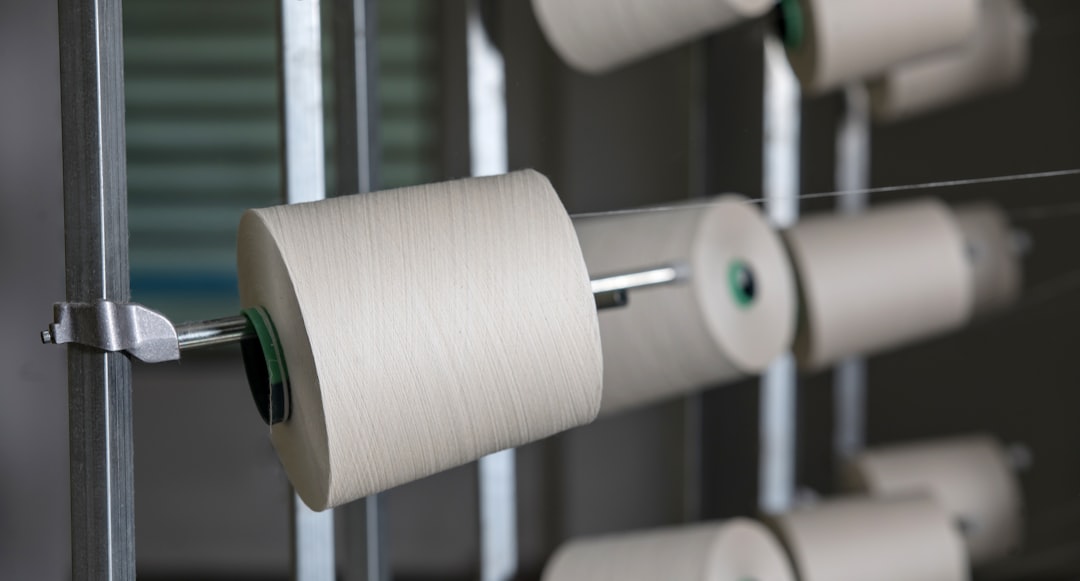The Role of AI in Predictive Maintenance for Manufacturing Equipment
In today’s fast-paced industrial environment, the importance of predictive maintenance for manufacturing equipment cannot be overstated. With the increasing complexities of modern machinery and the high costs associated with equipment downtime, manufacturers are turning to predictive maintenance strategies to keep their machines running smoothly and efficiently. And at the forefront of this technological revolution is artificial intelligence (AI).
AI has revolutionized the way manufacturers approach maintenance tasks by enabling them to predict equipment failures before they occur, thus preventing costly breakdowns and minimizing downtime. By analyzing vast amounts of data collected from sensors and other sources, AI algorithms can identify patterns and anomalies in machine behavior, allowing maintenance teams to take proactive measures to address potential issues.
One of the key advantages of using AI in predictive maintenance is its ability to forecast equipment failures with a high degree of accuracy. Traditional preventive maintenance approaches are often based on fixed schedules or manual inspections, which can be time-consuming and wasteful. AI, on the other hand, can continuously monitor the health of equipment in real-time and provide alerts when a potential issue is detected, allowing maintenance teams to intervene before a breakdown occurs.
Moreover, AI can also optimize maintenance schedules by prioritizing tasks based on the criticality of equipment and the likelihood of failure. This not only ensures that resources are allocated efficiently but also extends the lifespan of machinery by preventing unnecessary maintenance or overhauls.
Another benefit of using AI in predictive maintenance is its ability to improve overall equipment effectiveness (OEE) by reducing unplanned downtime and increasing productivity. By proactively addressing equipment issues, manufacturers can minimize disruptions to production schedules and improve the overall reliability of their operations.
Furthermore, AI-powered predictive maintenance systems can also enhance safety in manufacturing environments by identifying potential hazards or malfunctions before they pose a threat to workers. This can help reduce workplace accidents and ensure the well-being of employees working in close proximity to machinery.
In addition to improving maintenance processes, AI can also drive cost savings for manufacturers by reducing the need for emergency repairs, minimizing spare parts inventory, and optimizing labor resources. By streamlining maintenance tasks and maximizing machine uptime, companies can achieve significant cost efficiencies and improve their bottom line.
However, despite the numerous advantages of AI in predictive maintenance, there are still some challenges that manufacturers need to overcome in order to fully harness the potential of this technology. One of the key challenges is data quality and access, as AI algorithms rely on accurate and timely data to make reliable predictions. Manufacturers must ensure that their sensor systems are properly calibrated and maintained, and that data is collected and stored in a secure and accessible manner.
Another challenge is the integration of AI-powered predictive maintenance systems with existing legacy equipment and software. Many manufacturers operate in complex environments with a mix of older and newer machinery, which can make it difficult to implement AI solutions across the entire production line. Companies must invest in interoperable technologies and leverage APIs to seamlessly integrate AI systems with their existing infrastructure.
Furthermore, there is also a shortage of skilled personnel with the expertise to develop and deploy AI algorithms for predictive maintenance. Manufacturers must invest in training and upskilling their workforce to ensure that they have the necessary capabilities to leverage AI effectively and extract maximum value from their predictive maintenance initiatives.
Despite these challenges, the benefits of using AI in predictive maintenance for manufacturing equipment are clear. By harnessing the power of AI algorithms to predict equipment failures and optimize maintenance schedules, manufacturers can reduce downtime, improve productivity, enhance safety, and drive cost savings. As technology continues to advance, AI will play an increasingly critical role in transforming the way manufacturers approach maintenance tasks and ensure the reliability and efficiency of their operations.

